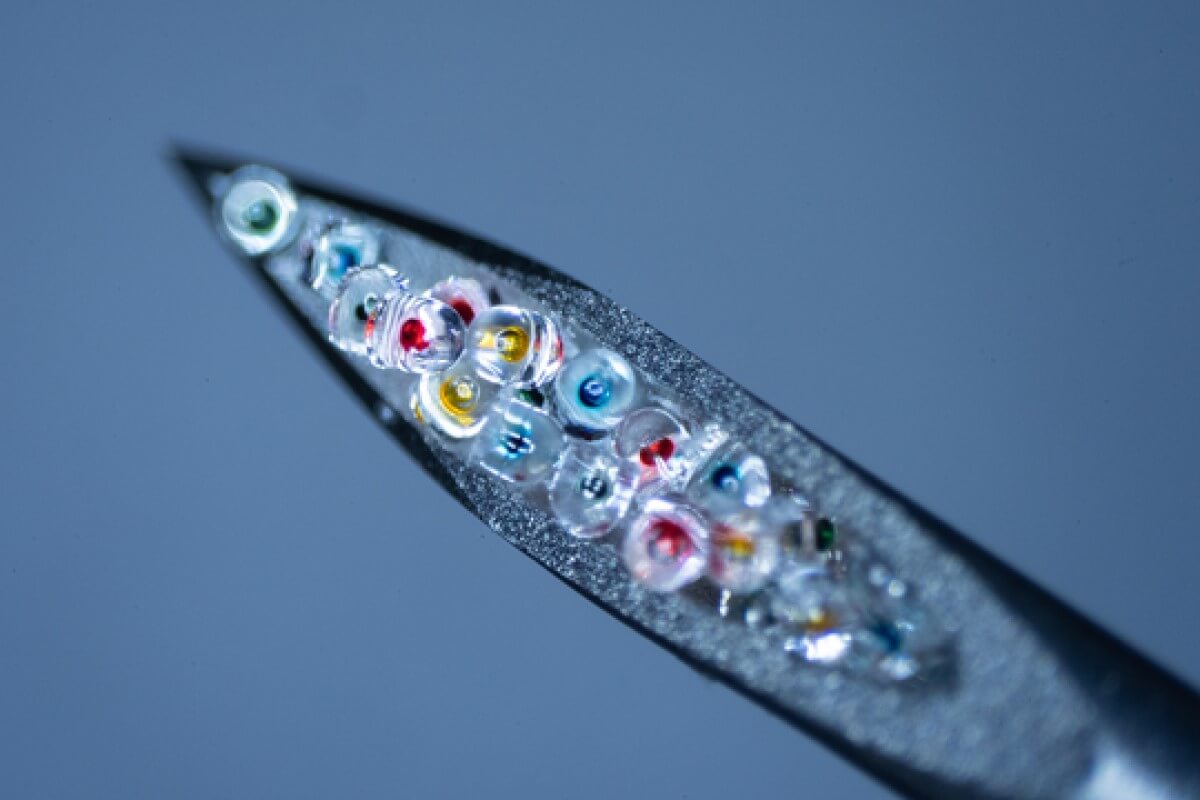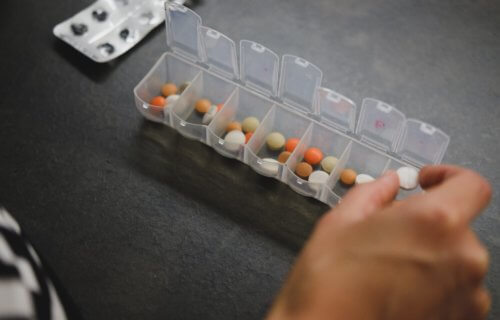HOUSTON — Missing a dose or two of your medicine may not seem like a big deal, but it could have a domino effect. Thankfully, bioengineers from Rice University have successfully developed cutting-edge technology for making time-released drugs, helping to tackle this very issue.
“This is a huge problem in the treatment of chronic disease,” says Kevin McHugh, corresponding author of a study about the technology, in a university release. “It’s estimated that 50% of people don’t take their medications correctly. With this, you’d give them one shot, and they’d be all set for the next couple of months.”
Estimates show that there are over 100,000 deaths, up to 25 percent of hospitalizations, and over $100 billion in healthcare costs each year resulting from people missing their meds.
Time-released drugs using encapsulation technology aren’t a new concept in science, but McHugh and his graduate student, Tyler Graf, have employed the latest methods available to make this technology as versatile and advanced as possible. Dubbed PULSED (Particles Uniformly Liquified and Sealed to Encapsulate Drugs), the technology uses high-resolution 3D printing and soft lithography (a fancy way to print) to produce over 300 nontoxic, biodegradable cylinders tiny enough to be injected with standard hypodermic needles.

The cylinders consist of a material called PLGA, which is commonly used in clinical settings already. The researchers played around with different methods of using PLGA in order to see how quickly particles dissolved and released drugs. Timeframes ranged anywhere between 10 days to almost five weeks. They were also able to generate a quick and efficient way to seal the cylinders, which was a necessary step to show the scalability of the technology.
“The thing we’re trying to overcome is ‘first-order release,’” McHugh explains, referring to the uneven dosing that happens with current forms of drug encapsulation. “The common pattern is for a lot of the drug to be released early, on day one. And then on day 10, you might get 10 times less than you got on day one.”
“If there’s a huge therapeutic window, then releasing 10 times less on day 10 might still be OK, but that’s rarely the case,” McHugh adds. “Most of the time it’s really problematic, either because the day-one dose brings you close to toxicity or because getting 10 times less — or even four or five times less — at later time points isn’t enough to be effective.”

PULSED stands out because it can allow patients to have the same amount of treatment in their system, avoiding the inconsistencies mentioned.
“Our motivation for this particular project actually came from the vaccine space,” the researcher continues. “In vaccination, you often need multiple doses spread out over the course of months. That’s really difficult to do in low- and middle-income countries because of health care accessibility issues. The idea was, ‘What if we made particles that exhibit pulsatile release?’ And we hypothesized that this core-shell structure — where you’d have the vaccine in a pocket inside a biodegradable polymer shell — could both produce that kind of all-or-nothing release event and provide a reliable way to set the delayed timing of the release.”
These findings could be groundbreaking, especially once scientists do more research with this specific technology. Not only could this be helpful for someone who typically forgets to take their medications, but also for optimizing vaccine dosing schedules, and even boosting the efficacy of notoriously harsh drugs — like those which a part of chemotherapy — by controlling its release and where it goes.
The findings are published in the journal Advanced Materials.

